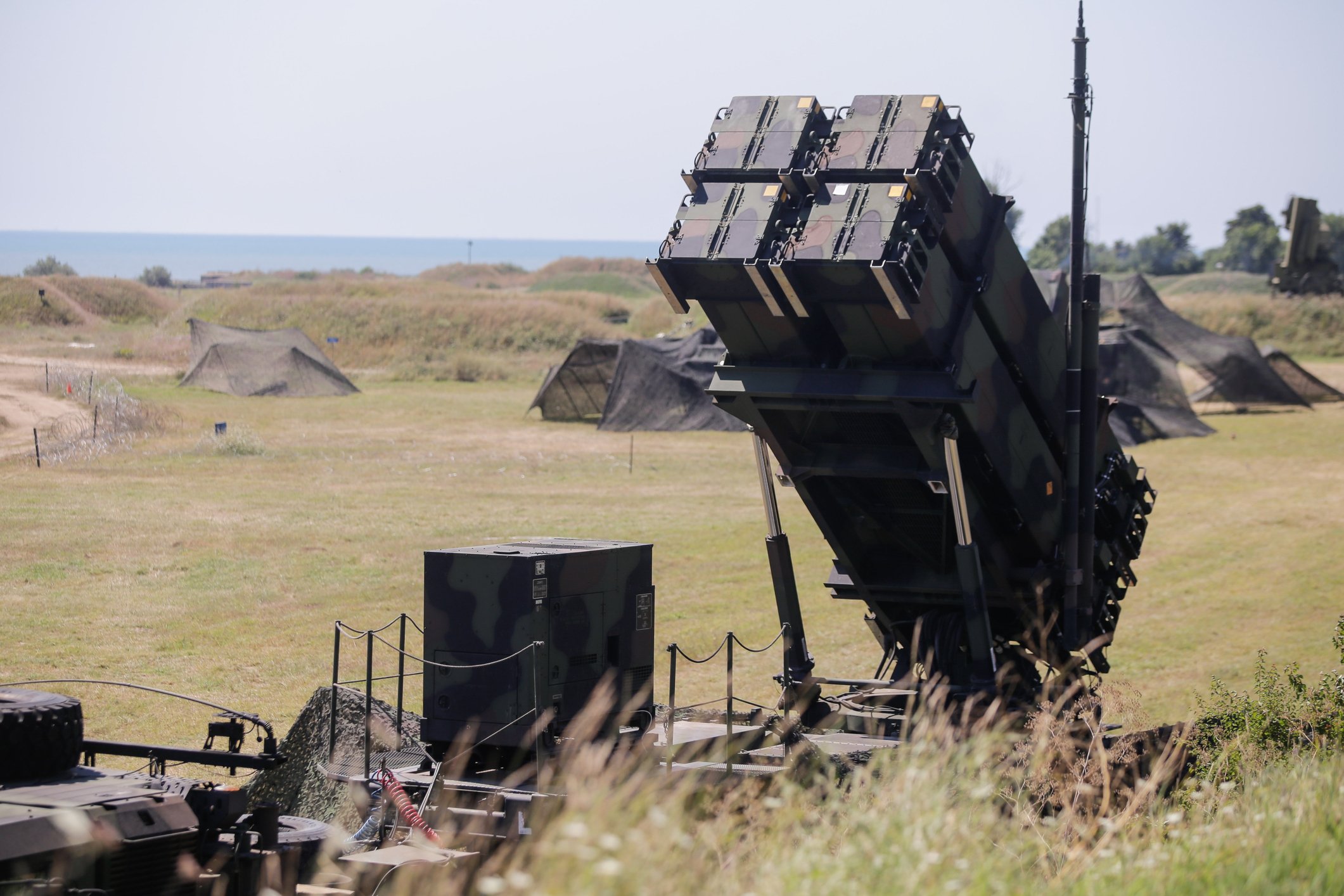
Investors rushed to buy Lockheed "Abacus" shares for a quick profit last week. They got what they came for. Image source: Getty Images.
Last month, Lockheed Martin (LMT +4.08%) management told us it was making "significant progress" toward selling its Information Systems and Global Solutions (IS&GS) division to strategic acquirer Leidos (LDOS +1.23%). This month, it matched actions to words, and spun the division off.
In a press release Tuesday confirming the deal, Lockheed announced that it has successfully:
- Converted just under 9.4 million shares of Lockheed Martin (3% of shares outstanding) into shares of a special subsidiary set up to enable the spinoff to be conducted tax-free -- which subsidiary was then acquired by Leidos in a stock-for-stock transaction. (Leidos paid for its new subsidiary with 77 million of its own shares, roughly doubling its own share count as a consequence.)
- Collected a $1.8 billion cash payment from Leidos for itself.
- And as a result, netted about $4.6 billion in value in exchange for its old subsidiary.
What it means for investors
Lockheed shareholders who traded in their shares for shares of the specially-set-up subsidiary, dubbed Abacus Innovations, got a pretty sweet deal. Each Lockheed Martin share traded in yielded 8.2 shares of Abacus in return. Thus, for its brief lifespan, Abacus shares were valued at about $31.10 apiece. Exchanging their Abacus shares for shares of Leidos, which today sell for $39.45 a share, on a one-for-one basis, these investors instantly made about a 27% profit -- not bad for a day's work.
It almost goes without saying that the "exchange offer was oversubscribed and all shares of Abacus common stock owned by Lockheed Martin were distributed in the exchange offer," but Lockheed said it anyway).
Shareholders who stuck with Lockheed Martin, on the other hand, seem not to have fared as well. Lockheed management had promised that the exchange of its shares for Abacus shares would yield a reduction in its own share count of "about 10 million shares," giving a nice boost to per-share earnings (because they would be spread out among fewer shares).
The less than 9.4 million shares actually subtracted from shares outstanding fell short of that mark, however. As a result, Lockheed shareholders who stuck around may feel they got a raw deal. At least, that's the conclusion that Bloomberg drew from the fact that Lockheed shares declined 3.7% immediately after the transaction had closed.
How bad was this deal for shareholders, really?
Bloomberg's read is certainly one way of looking at the situation, but it's not necessarily the right one. If you ask me, the fact that Lockheed Martin shrunk its share count only 2.8%, and not 3%, isn't a big enough difference to explain a 4% decline in the share price. More likely, what happened was that investors piled into Lockheed Martin stock in anticipation of the Leidos deal (and its rich 27% insta-profit), hoping to trade in as many Lockheed shares for Abacus shares as possible. Now that that opportunity has passed, investors who piled into Lockheed prior to Aug. 16 are simply exiting the stock again to range abroad in search of new arbitrage opportunities.
My proof? Lockheed Martin shares today sell for almost exactly what they cost on July 20, the day after Q2 earnings came out. The tide ran in from there in anticipation of the Leidos deal, and the tide is running out just as swiftly in the deal's aftermath.
It's really as simple as that.







